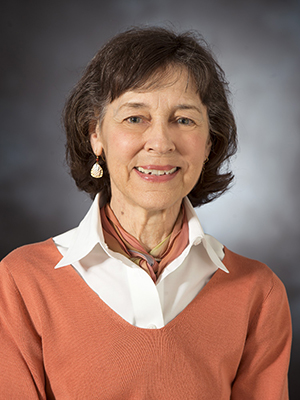Research Faculty


Bio
Dr. al’Absi has established an international research program focusing on stress biological and psychophysiological effects on addictive behaviors and mental health conditions. His team has been working to elucidate biobehavioral mechanisms by which stress and early life adversity play a role in addiction and other mental health disorders, and to use this knowledge to develop and tailor interventions. His research integrates basic, laboratory, and clinical methods. His early research focused on stress mechanisms related to risk for heart disease, pioneering lab and field studies using an array of natural stressors as well as pharmacological challenges in human studies. While funded by NHLBI and AHA, he focused on defining the mechanisms of hypoalgesia and stress response alterations in hypertension. Dr. al’Absi has also focused on the significance of stress response alterations in multiple clinical conditions including addiction. An important, replicated finding from his program is the blunted hormonal stress response among individuals with stimulant addiction. This dysregulated pattern of response predicts early addiction relapse. His current research examines the role of endogenous opioids and the endocannabinoid system in the modulating the stress response. He has also examined the extent to which stress responses predict changes in dietary intake, weight, and relapse. Defining these links will inform future models for targeted treatment to address weight gain as an impediment for smoking cessation. Dr. al’Absi has been leading efforts to improve methods for assessment of stress and substance use in the field by developing innovative and unobtrusive high-tech methods to collect physiological and contextual data in natural settings using wearable sensors. The goal is to obtain continuous, real-time measures of stress and addiction and to leverage this information to apply just-in-time intervention.
Dr. al’Absi’s research program has been funded by multiple R01 grants from NIDA and NCI and by Grant-in-Aid from the American Heart Association (AHA) as well as grants from the University of Minnesota and the International Brain Research Organization (IBRO). He has also received a Smart Health and Wellbeing award from the National Science Foundation (NSF).
Dr. al’Absi has been honored with several awards including the ABMR Neal E. Miller Award, the American Psychosomatic Society Herbert Weiner Award, the NIDA Award of Excellence in Collaborative Research, and the Hans Selye Lectureship from WASAD. He is currently a Fellow of the Association for Psychological Sciences, the Academy for Behavioral Medicine, the Association for Psychological Sciences (APS), and the Society for Research on Nicotine and Tobacco (SRNT). He is a former fellow of the John D. and Catherine T. MacArthur Foundation Mind-Body Network.
Dr. al’Absi’s extensive publication record include more than 200 scientific articles, two books, and many book chapters. He has served as a guest editor for Biological Psychology and for Psychosomatic Medicine and as an Associate Editor for Biological Psychology; and he is serving as associate editor for Psychophysiology, and as an editorial board for Health Psychology, Annals for Behavioral Medicine, Journal o Neural Transmission, and other journals. He served as a standing member on the NIH “Mechanisms of Emotion, Stress, and Health” Study Section and he has served on many other NIH, VA, and NSF review panels.
Dr. al’Absi has served in several national and international leadership positions, including serving as president of the American Psychosomatic Society (APS), executive council member and chair of membership committee, Academy for Behavioral Medicine Research (ABMR), president of the Africa & Middle East Congress on Addiction (AMECA), and board member of the Society for Psychophysiological Research (SPR). He also serves on the UNODC-WHO Informal Scientific Network (ISN).
In addition to his extensive research program and his leadership positions, Dr. al’Absi is dedicated to training the next generation of physicians and scientists through his teaching and mentoring medical, graduate, and undergraduate students and postdoctoral and junior faculty members with the University of Minnesota and other institutions.
Clinical Summary
Stress & trauma; addiction; pain
Education
Selected Publications


Bio
The focus of my research is to understand the structure and function of the human brain through the use of imaging technology. My experience with neuroimaging research spans a broad range of areas, from studying the connectivity of the human brain to investigating genetic underpinnings of brain phenotypes. My interdisciplinary research focuses on functional connectivity and imaging genetics. From a methodological perspective, my primary interest is in time series analysis.Expertise
Aging, genetics, mental health, methods, neuroimaging, EEG, fMRI, time series, sleep, Bayesian methodsMailing Address
420 Delaware St SE MMC 303 Mayo Minneapolis, MN 55455
Research Summary
See a full list of publications on PubMed
- Fiecas M, Cribben I, Bahktiari R, Cummine J. "A variance components model for statistical inference on functional connectivity networks," NeuroImage, Jan 2017
- Vuoksimaa E, Panizzon MS, Chen CH, Fiecas M, et al. "Is bigger always better? The importance of cortical configuration with respect to cognitive ability," NeuroImage, April 2016
- Vuoksimaa E, Panizzon MS, Chen CH, Fiecas M, et al. "The Genetic Association Between Neocortical Volume and General Cognitive Ability Is Driven by Global Surface Area Rather Than Thickness," Cerebral Cortex, 2015
Contact
Address
A454-4 Mayo

Bio
Amy Greminger, MD, joined the faculty at the University of Minnesota Medical School, Duluth campus in 2017. She is also part of the elder care and geriatric team at Essentia Health - Duluth Clinic.
Research Summary
I am interested in medical education, geriatrics, palliative care, and point of care ultrasound in medical education.
Education
Fellowships, Residencies, and Visiting Engagements
Licensures and Certifications
Media Appearances
Professional Memberships
Selected Publications
Selected Presentations
Contact
Address
145 SMed1035 University Drive
Duluth, MN 55812
Administrative Contact
Linda Liskiewicz, lliskiew@d.umn.edu

Bio
Sharon Allen, MD, PhD, co-directs the University of Minnesota Medical School Essentials of Clinical Medicine course. As an NIH-funded researcher for over 25 years, she has focused on factors that contribute to smoking, specifically looking at the influence of sex hormones on smoking cessation and addictive behaviors. Her research explores novel treatments for smoking cessation, examines underlying traits that fuel nicotine addiction, combines treatments to maximize effectiveness, and recognizes sex and hormonal influences on the treatment of nicotine addiction. Dr. Allen sees patients at the University of Minnesota Physicians Women's Health Specialists Clinic and Clinics and Surgery Center, where she also precepts residents in family medicine, internal medicine, OB/GYN, and pharmacy.
Research Summary
Tobacco cessation in women and sex hormones
Clinical Summary
Women's health; osteoporosis; smoking cessation
Contact
Address
6-145 Phillips-Wangensteen Building420 Delaware Street SE, MMC 381
Minneapolis, MN 55455-0356
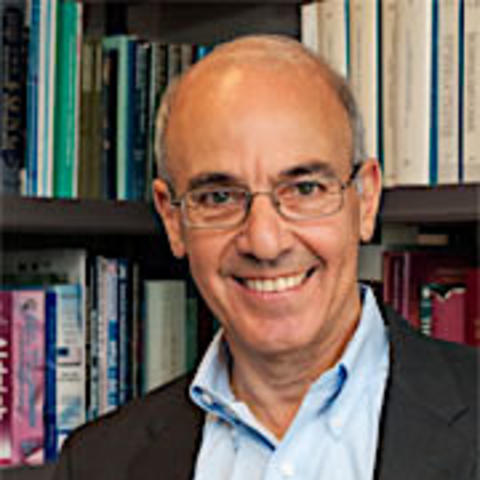
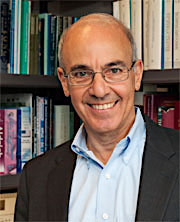
Bio
Dr. Hecht's laboratory is focused on understanding the ways tobacco smoke constituents cause cancer. To do this he and his colleagues study the mechanisms by which these compounds enter the human body, are metabolized, and ultimately bind to DNA, causing mutations that result in cancer. Cigarette smoke contains more than 70 carcinogens. Hecht focuses on several including tobacco-specific nitrosamines, polycyclic aromatic hydrocarbons (PAH), and certain volatiles such as formaldehyde, acetaldehyde, and acrolein that are formed during the combustion process.Hecht's research team has developed methods to analyze human urine for these compounds and their metabolites. These methods, which employ mass spectrometry as a key analytic technology, enable his laboratory to take part in studies of thousands of smokers. Hecht's group also uses mass spectrometry methods to analyze the DNA damage caused by the carcinogens at the level of stereochemistry, which shows the relative spatial arrangement of atoms and molecules.The goal of Hecht's research is two-fold: First, to provide evidence in support of ongoing regulation of tobacco products due to their harm to human health, and second, to find ways to identify the susceptible smoker. That smoking causes lung cancer is well established, but it is not yet possible to identify which smokers are most likely to contract lung cancer, which would allow for early intervention. Collaboration between research groups in the fields of genetics, biochemistry, psychology and other fields will be needed to turn promising leads of an individual smoker's susceptibility to lung cancer into a preventive strategy.Hecht has a long-standing collaboration with a University colleague in psychiatry who is studying the mechanisms of addiction. Given that more than a billion people of the world's population of seven billion people are smokers, including an estimated 45 million in the U.S. and 300 million in China, the impact of learning the biological and psychological mechanisms involved in tobacco smoke addiction is a major public health challenge and opportunity. Understanding these mechanisms also can lead to the identification of smoking prevention strategies and potential chemopreventive agents.
Research Summary
Publications
Huang BZ, Binder AM, Quon B, Patel YM, Lum-Jones A, Tiirikainen M, Murphy SE, Loo L, Maunakea AK, Haiman CA, Wilkens LR, Koh WP, Cai Q, Aldrich MC, Siegmund KD, Hecht SS, Yuan JM, Blot WJ, Stram DO, Le Marchand L, Park SL. Epigenome-wide association study of total nicotine equivalents in multiethnic current smokers from three prospective cohorts. Am J Hum Genet. 2024 Mar 7;111(3):456-472. doi: 10.1016/j.ajhg.2024.01.012.
1.Ma, B.; Stepanov, I.; Hecht, S. S. Recent studies on DNA adducts resulting from human exposure to tobacco smoke. Toxics 2019, 7.
2.Ma, B.; Villalta, P. W.; Hochalter, J. B.; Stepanov, I.; Hecht, S. S. Methyl DNA phosphate adduct formation in lung tumor tissue and adjacent normal tissue of lung cancer patients. Carcinogenesis 2019.
3.Li, Y.; Ma, B.; Cao, Q.; Balbo, S.; Zhao, L.; Upadhyaya, P.; Hecht, S. S. Mass Spectrometric quantitation of pyridyloxobutyl DNA phosphate adducts in rats chronically treated with N'-nitrosonornicotine. Chem. Res. Toxicol. 2019, 32, 773-783.
4.Stram, D. O.; Park, S. L.; Haiman, C. A.; Murphy, S. E.; Patel, Y.; Hecht, S. S.; Le Marchand, L. Racial/ethnic differences in lung cancer incidence in the multiethnic cohort study: an update. J. Natl. Cancer Inst. 2019.
5.Goniewicz, M. L.; Smith, D. M.; Edwards, K. C.; Blount, B. C.; Caldwell, K. L.; Feng, J.; Wang, L.; Christensen, C.; Ambrose, B.; Borek, N.; van Bemmel, D.; Konkel, K.; Erives, G.; Stanton, C. A.; Lambert, E.; Kimmel, H. L.; Hatsukami, D.; Hecht, S. S.; Niaura, R. S.; Travers, M.; Lawrence, C.; Hyland, A. J. Comparison of nicotine and toxicant exposure in users of electronic cigarettes and combustible cigarettes. JAMA Netw. Open 2018, 1, e185937.
Education
Honors and Recognition
Contact
Address
2-148 CCRB2231 6th St SE
Minneapolis, MN 55455

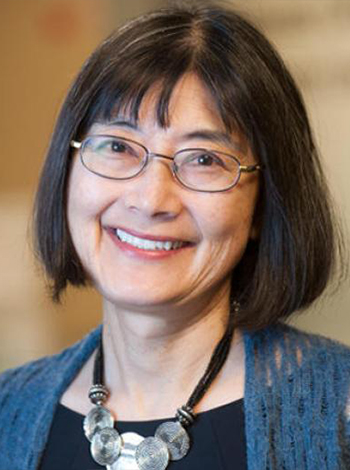
Bio
I am an adult psychologist and my areas of research expertise include nicotine addiction and its treatment, including testing medications such as a nicotine vaccine and combination medications, in smokers at the Department of Psychiatry & Behavioral Sciences. I received a BA in Psychology from the University of California, Berkeley. I received a PhD in Clinical Psychology at the University of Minnesota and completed my internship at the University of Washington .
I am the Forster Family Chair in Cancer Prevention at the Masonic Cancer Center of the University of Minnesota and Professor of Psychiatry and Behavioral Sciences. I am the Associate Director of Cancer Prevention and Control at the University of Minnesota Masonic Cancer Center, Director of the Tobacco Research Programs and Deputy Director of the Global Institute for Research on Cancer Prevention.
Currently, I am PI/Co-PI of a large NIH-funded cooperative agreement and a program project grant that involves assessing the toxicity, appeal and addictiveness of various tobacco products, with the goal of reducing tobacco-caused harm and addiction. I have served on numerous scientific advisory boards for the U.S. government including the 1) Food and Drug Administration, Tobacco Product Scientific Advisory Committee, 2) National Advisory Council on Drug Abuse, 3) Interagency Committee on Smoking and Health, 4) Substance Abuse and Mental Health Services Administration, 5) Scientific Board of Counselors for the National Institutes on Drug Abuse, and 6) the Drug Control Research, Data and Evaluation Committee of the Office on National Drug Control Policy. I am currently a member of the World Health Organization Study Group on Tobacco Product Regulation and the National Cancer Institute, Board of Scientific Advisors.
Expertise
- Tobacco Addiction
- Tobacco Regulatory Science
- Cancer Prevention
Administrative Assistant
(for academic support only)
Tracy Brown
coll1148@umn.edu
In the Media
- 2023: Featured in this U of M news story titled, "University of Minnesota Research Influences FDA Decision on Lower Nicotine Levels in Cigarettes", which was picked up by numerous news outlets.
Research Summary
Dr. Hatsukami's areas of research expertise are nicotine addiction and its treatment in smokers, including testing medications such as a nicotine vaccine and combination medications.
Clinical Summary
Dr. Hatsukami's clinical interests involve tobacco cessation.
Education
Fellowships, Residencies, and Visiting Engagements
Honors and Recognition
Professional Memberships
Selected Publications
Contact
Address
Department of Psychiatry & Behavioral Sciences, F282/2A West Building, 2450 Riverside Avenue South, Minneapolis, MN 55454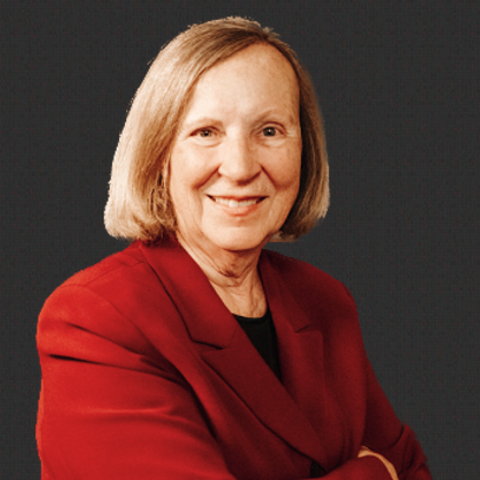
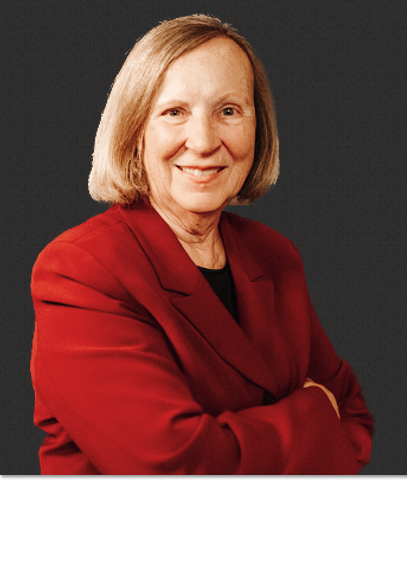
Grants and Patents
Selected Grants
Contact
Address
145 SMed1035 University Dr
Duluth, MN 55812
Administrative Contact
1035 University Drive, 141 SMED
Duluth, MN 55812
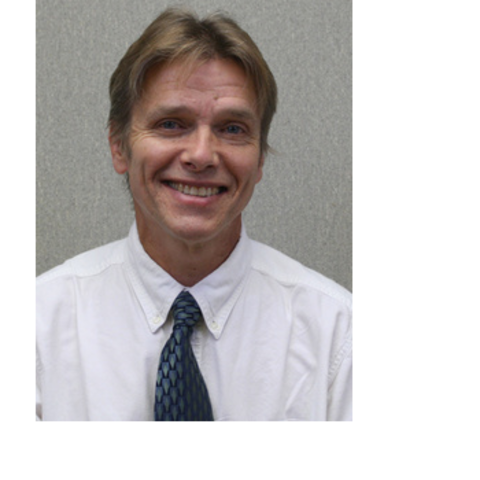
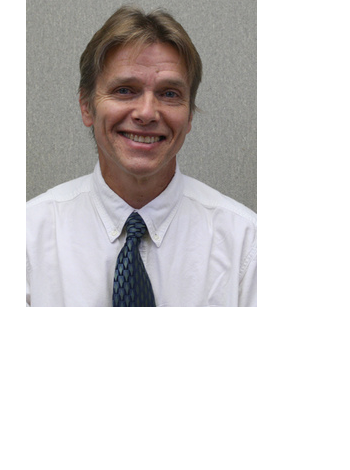
Education
Fellowships, Residencies, and Visiting Engagements
Honors and Recognition
Contact
Address
Department of Biomedical Sciences319 SMed
1035 University Dr
Duluth, MN 55812
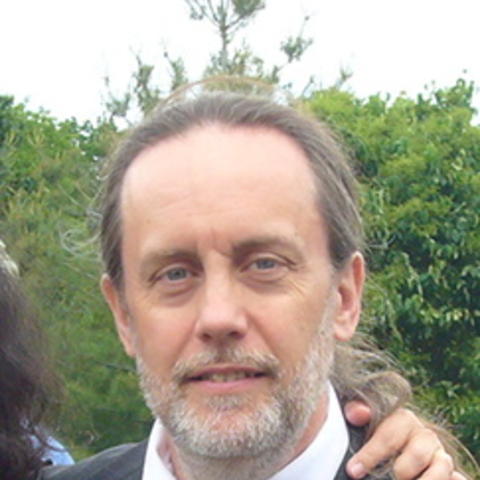
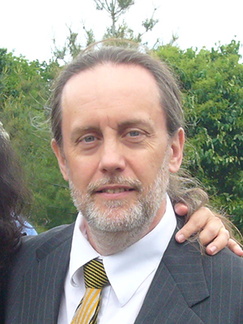
Bio
My statistical research is in the area of hierarchical and other richly parameterized models. I work with University researchers in a variety of health-related fields; over the years, my areas of particular emphasis have included pediatric endocrinology, oral-health research, infectious diseases, neurology, and kidney disease. I have also collaborated with researchers at the Minneapolis VA Medical Center’s Center for Chronic Disease Outcomes Research and the Minneapolis Heart Institute Foundation, affiliated with Abbott Northwestern Hospital. Outside of health-care research, I have collaborated with researchers in demographics, wildlife management, ornithology, horticulture, combat analysis, military logistics, simulation models, airport safety, and marketing.Expertise
Methods, Bayesian analysis, spatial statisticsMailing Address:
2221 University Ave SE Room 200 University Office Plaza Minneapolis, MN 55414Teaching Summary
I teach and advise MS and PhD students in the Biostatistics degree programs.Honors and Recognition
Contact
Address
200 University Office Plaza
Grants and Patents
Selected Grants
Contact
Address
177 SMed1035 University Dr
Duluth, MN 55812
